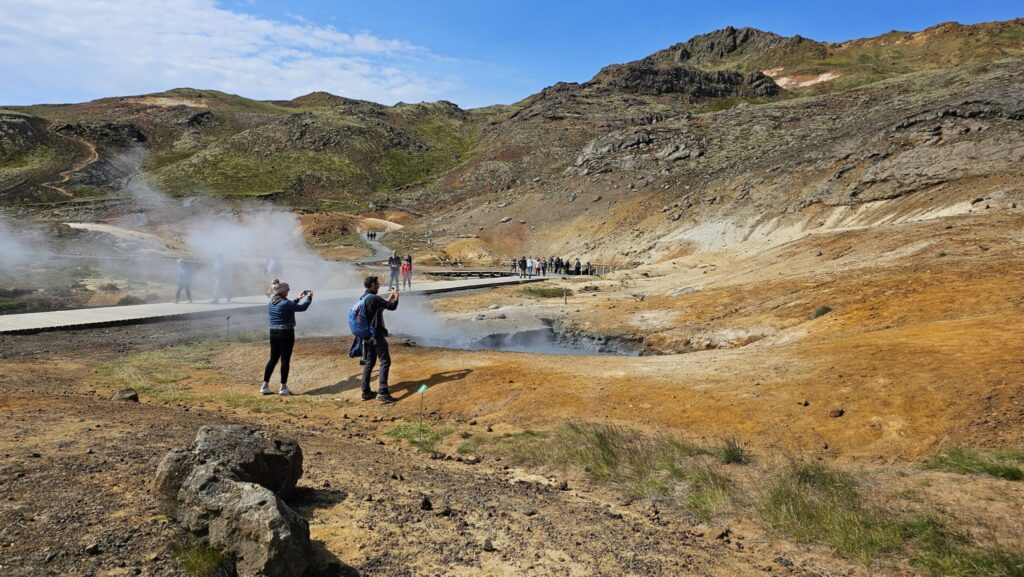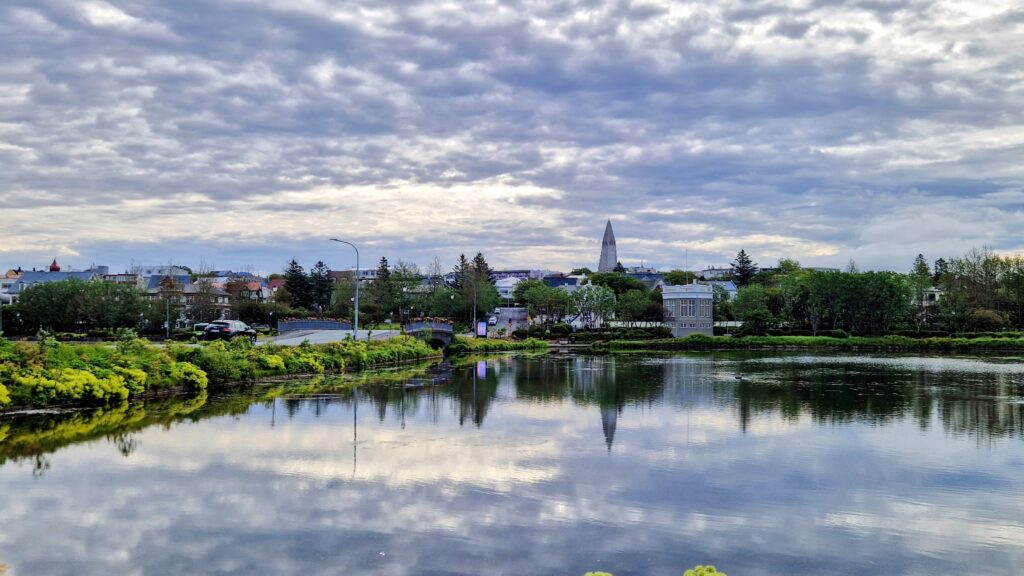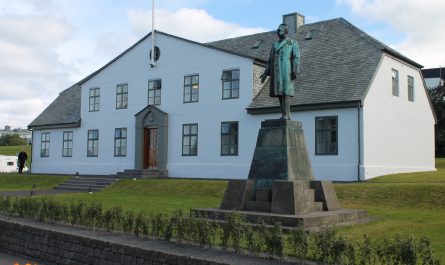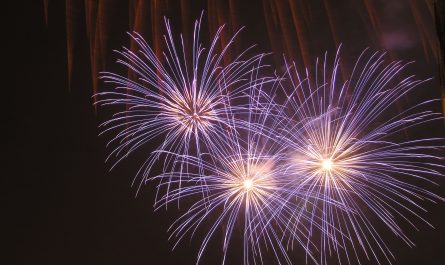Iceland, a country with stunning scenery and a rich cultural legacy, provides visitors with an experience that is really one of a kind and unmatched by any other. Iceland is a destination that has something unique to offer every traveler, whether it be its breathtaking natural scenery, its lively culture, or its mouthwatering cuisine.
Iceland is distinguished from other travel locations by its extensive cultural history, in addition to the natural beauty that it possesses. The Icelandic people have a strong feeling of their own identity and a deep respect for their traditions. If you are considering taking a trip to Iceland, you should become familiar with the country’s cultural norms before you go there. The following are some examples of those norms.
Being on time is of little importance. Because Icelanders are known for having a laid-back and relaxed attitude, you shouldn’t be surprised if folks are running a few minutes behind schedule for their appointments.
When entering a person’s home, it is appropriate to remove one’s shoes. This demonstrates that you have respect for the home and the people who live there.
Tipping is neither expected nor required in this situation. It is not essential to tip the service employees because they are provided with a living income.
Although Icelandic is the official language, English is the language that most people speak. It is not necessary for you to speak Icelandic in order to communicate with the majority of people because English will suffice.
Icelanders are known for their warm hospitality and cheerful demeanor. They are always eager to assist guests, so do not be hesitant to ask for recommendations or directions; they will respond with a smile.
Complaining about the weather might be seen as an impolite act in particular situations. The inhabitants of Iceland are accustomed to the unstable climate, and as a result, they do not see any need to complain about it:)
The people of Iceland have a tremendous amount of pride in their history and traditions. Do not be hesitant to inquire about their homeland and the history of their nation; they will gladly answer any inquiries you have.
Respect for Nature: Icelanders have a profound respect for the natural environment that surrounds them, which is virtually untouched. The landscapes of the country, notably its glaciers, volcanoes, and geothermal zones, are receiving a lot of attention and care in order to ensure that they are preserved and protected.

Equality between the Sexes: Iceland is often recognized as a forward-thinking nation in terms of gender equality. Women can be found in leadership roles in a variety of fields, including politics, business, and other professions. Laws have been passed in Iceland to ensure that both men and women receive equal pay and are afforded parental leave.
The Icelanders have a habit of approaching social relations in a manner that is casual and egalitarian most of the time. Even in more official contexts, it is common practice for individuals to address one another by their first names. There is less emphasis placed on formality and hierarchical structures.
Icelanders have a strong work ethic, and they appreciate reliability and hard labor. There is a strong emphasis placed on being on time and keeping promises. However, there is also a value placed on maintaining a healthy work-life balance, and free time is treasured.
Literature and the Arts: Iceland has a long history of producing books and places a significant focus on the oral tradition of storytelling. This has contributed to the country’s rich literary culture. The performing and visual arts, as well as theater and music, are held in extremely high regard in Icelandic culture.

Community and Social Cohesion: Community and social cohesion are two concepts that are highly valued in Icelandic society. This is represented in the tradition of saying “þetta reddast,” which can be rendered in English as “It will all work out.” In times of crisis, Icelanders frequently band together to support and assist one another.
Christmas Traditions: Christmas is a special time in Iceland, with distinctive traditions such as the Yule Lads (13 mischievous characters), the tradition of “jólabókaflóð” (the Christmas Book Flood), and the habit of giving books as gifts.
It is essential to keep in mind that people and communities might have vastly different cultural norms, and the purpose of this summary is to provide a general idea of the cultural inclinations that are prevalent in Iceland.


